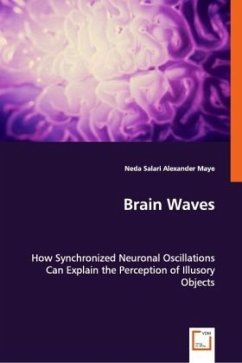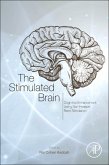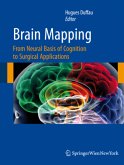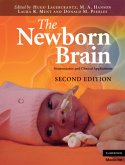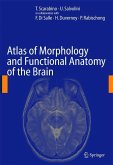Since the discovery of synchronized neural oscillations in the primary visual cortex, intense efforts have been made in understanding the underlying neural mechanisms. Based on results from experiments in mammalian brains, computational models have been developed to study the dynamics of larger populations of neurons showing oscillatory activity. In this book we describe a model of phase-coupled oscillators, which simulates neuronal activity in the primary visual cortex. The phase model can be derived from a mean-field model by reducing it to basic functional principles. A comparison of the dynamical and synchronization properties of the two modeling approaches shows that both networks produce common results for simple stimuli, yet distinctive results for illusory stimuli. We introduce an extension of the phase model that reproduces the results of the mean-field network and allows to analyze the mechanisms of the perceptual segmentation of illusory figures in the brain. This bookis set in the intersection of theoretical neuroscience, cognitive science and psychology, and directed towards everyone who is interested in the neuronal basis of perception.

